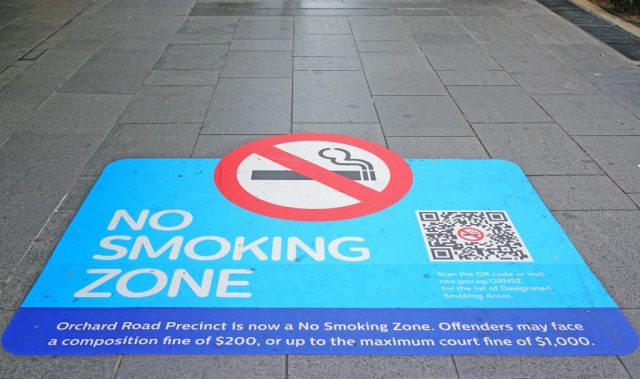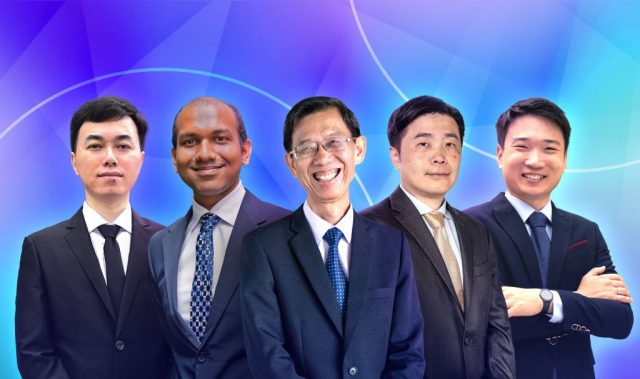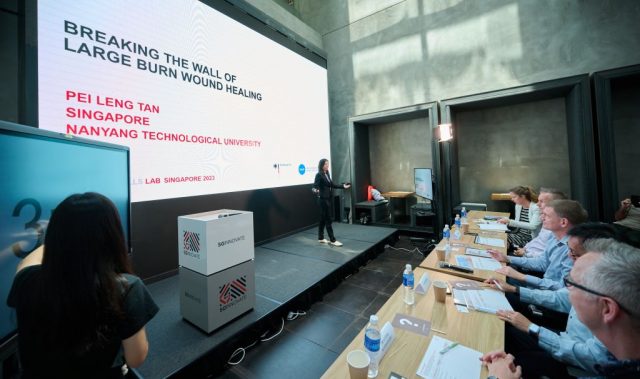
Asian Scientist (May 19, 2014) – Shannon Lee Xinjing from Singapore’s National Junior College has been awarded one of the two prestigious Intel Foundation Young Scientist Awards at the annual Intel International Science and Engineering Fair (ISEF) in Los Angeles, receiving US$50,000 in funds to further her ground-breaking project.
In her project, which was also awarded the Best of Category prize in the Energy & Transportation category, the 17-year-old student developed a novel electrocatalyst that may be used for rechargeable batteries of the future, such as in hybrid vehicles.
Researchers have been looking for ways to make rechargeable zinc-air batteries practical, as they would be safer, lighter in weight, and have six times the energy density of lithium ion batteries, making them ideal for hybrid vehicles.
Lee’s activated carbon catalyst, which she made entirely from carbonized Chinese eggplant, greatly out-performed a more sophisticated commercial catalyst in stability and longevity tests and will be environmentally friendly and inexpensive to produce.
This year’s Intel International Science and Engineering Fair, held from May 11 to 16, featured more than 1,700 young scientists selected from 435 affiliate fairs in more than 70 countries, regions and territories.
Their projects were evaluated onsite by more than 1,200 judges from nearly every scientific discipline, each with a PhD or the equivalent of six years of related professional experience in one of the scientific disciplines.
Including Lee’s win in the Energy & Transportation category, Asian students won six Best of Category prizes out of the 17 categories. Students from Taiwan won in the Plant Sciences and Earth Science categories while students from India, Hong Kong, China and Malaysia won in the Animal Sciences, Chemistry, Computer Science and Environmental Management categories, respectively.
“Technology alone won’t build a better world. The world needs more scientists, makers and entrepreneurs to make use of technology to create jobs, drive economic growth and solve pressing global challenges,” said Prakash Mallya, Country Manager, Intel Singapore and Malaysia.
“Intel believes that young people are the key to innovation, and we hope that these winners inspire more students to get involved in science, technology, engineering and math, the foundation for creativity.”
——
Source: Intel.
Disclaimer: This article does not necessarily reflect the views of AsianScientist or its staff.












